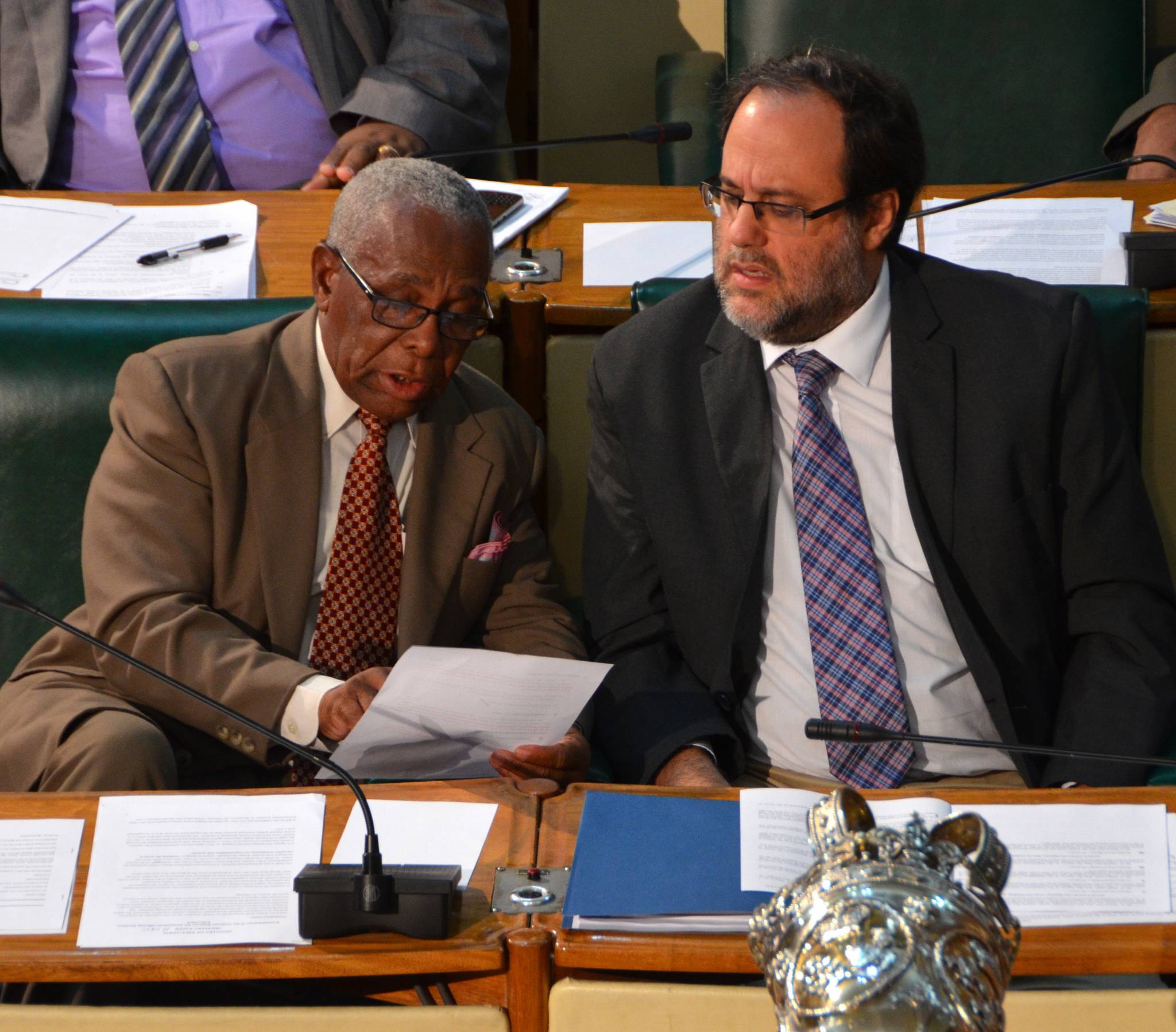Senate Approves Flexi Work Arrangement Bill
By: , November 2, 2014The Key Point:
The Facts
- The flexi-work arrangement is intended to increase employment opportunities, enhance productivity and afford workers the opportunity to better structure their lives through a flexible employee/employer work agreement.
- Closing the debate, Minister of Justice, Senator Mark Golding, said that the vast majority of employment contracts in Jamaica are not in writing.
The Full Story
The Senate on Friday, October 31, passed the Employment (Flexible Work Arrangements) (Miscellaneous Provisions) Act, paving the way for the introduction of flexible working time.
The flexi-work arrangement is intended to increase employment opportunities, enhance productivity and afford workers the opportunity to better structure their lives through a flexible employee/employer work agreement.
Making his contribution to the debate, Senator Lambert Brown, welcomed passage of the legislation, while highlighting the fact that workers in the essential services and other sectors have been working under flexible arrangements for a long time.
However, he raised concern regarding the provisions in the Act which stipulate that overtime payments are to be paid to a worker during any period in excess of 40 hours in any week.
“The trade union concern is about the removal of overtime occurring on a daily basis. As it stands now in the Minimum Wage Act, after eight hours in a day, you get overtime,” Senator Brown said.
“What the new arrangement in this Bill says is that if you work 13 or 16 hours in a day you will not get overtime, unless you work for a total of 40 hours plus during the week. We prefer to maintain the arrangement where overtime is calculated on a daily basis,” he added.
For his part, Senator Navel Clarke also welcomed the legislation, while noting that “the need for flexi working hours is an important and essential adaptation that should have taken place years ago.”
Senator Clarke further commented that other industries, including the banking sector, should engage in flexible work arrangements.
“We have a tendency (here) where the banks are closed on a Saturday and a Sunday. When I go to the United States I find that banks are opened every day…the only time they are closed is on what they call the bank holiday,” he noted.
Opposition Senator, Ruel Reid, said the legislation will help in enhancing the productivity of the economy, adding that the Bill is “regularizing what has become common practice over the years.”
For her part, Senator Marlene Malahoo Forte noted that a provision should have been placed in the Bill making it compulsory for employers to provide a contract outlining the terms and conditions of employment that have been agreed on with an employee.
Closing the debate, Minister of Justice, Senator Mark Golding, said that the vast majority of employment contracts in Jamaica are not in writing.
“The Senate certainly could not make such a far reaching change without any consultation of stakeholders as to the implications. In the law the only form of contract that has to be in writing is a contract for the sale of land,” he noted.
The House of Representatives had passed the Employment (Flexible Work Arrangements) (Miscellaneous Provisions) Act on September 23.
Under the legislation, there will be no set eight or 10-hour work days, but instead these will be capped at a maximum of 12 hours.
The work week should consist of 40 hours, all seven days of the week should be considered as possible normal working days, and overtime should be earned after the worker has completed 40 hours.


